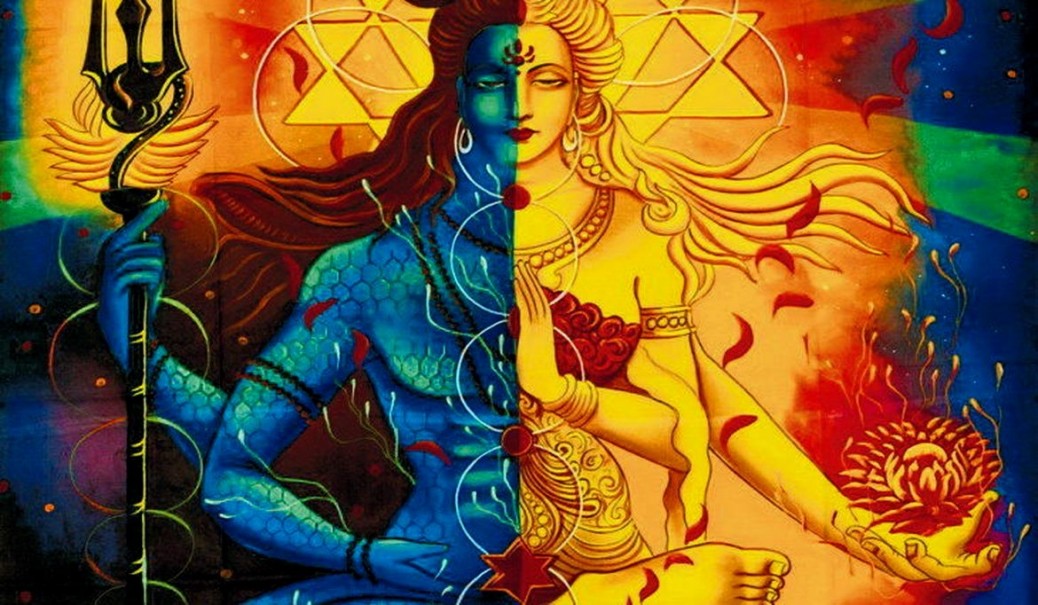VBT – Meditation 11.3
Rein In The Senses
We believe we are fully aware of all our five senses, including taste. Our senses receive and transmit stimuli, either external (sight, taste, smell, etc.) or internal (hunger, thirst, sex, equilibrium, muscular and visceral movements). The stimuli send signals to our mind and, impromptu, we act. Through these senses we reach out to the real world around us. For instance, when we see or hear a bumblebee buzz, we shoo it away. Actions are responses to the signals received by our mind, but inertia makes us lazy.
Mystics say our mind has a tendency to rule us. It forever pulls us away from our heart. This split between our mind and heart disintegrates us. Added to this, the senses constantly pour unnecessary information from the outer world into our mind, which therefore, is in a perpetual flux with a stream of thoughts-either related or scattered. This causes a lack of wholeness.
Unlike us, the mystics live in a state of inner silence and heightened consciousness. The outer chaos does not effect them. They regard the senses as the doors to experience our true nature. Osho says that the mystics look but do not identify with what they see, hear but do not cling to what is heard, eat but do not hanker for taste. Not ruled by the body or mind, they are beyond pain and pleasure.
Moreover, if the senses were insignificant we would have had fewer senses. It is, therefore, important to be; consciousness of all our senses. Become aware of one of your senses because “all your senses are merged into one sensitivity. There is no gap. You see, hear, touch, smell and taste simultaneously,” says Osho.
However, we all choose. Some are eye-oriented: they only see. They may enjoy a dance, but cannot sit through a music recital, while others are adept to listening to musicians for hours. Food, tea and wine tasters, for instance, are sharply sensitive to taste. Sometimes a handshake with a friend is devoid of life, and again, a handshake with a stranger is close to a dialogue.
In the case of a fully conscious person, Zen refers to the five senses as “five flavours”. In an unconscious state, our senses are apart from us and are the constructs of suffering and mortality. For example, when we pass a restaurant, the aroma arouses a false sense of hunger even though we are not hungry. We allow our senses to deceive us to eat although we need not. This leads to overeating and indigestion. Interestingly, when we are pensive, our preoccupied senses do not bring any information to us.
Yet mystics warn us not to destroy our senses. “A conscious man stays in the middle: neither too much nor too little. He always gives to the body what is needed, to the mind what is needed,” says Osho.
Some mystics state we have six senses. Bodhidharma, the Zen mystic, said that in an awakened state our “six senses and five shades are the constructs of Nirvana and immortality.” Naank said that there is only one master of the five senses, and that is awareness. All our senses are like rivers that pour their waters into dhyan.
Tags: Rein In The Senses




